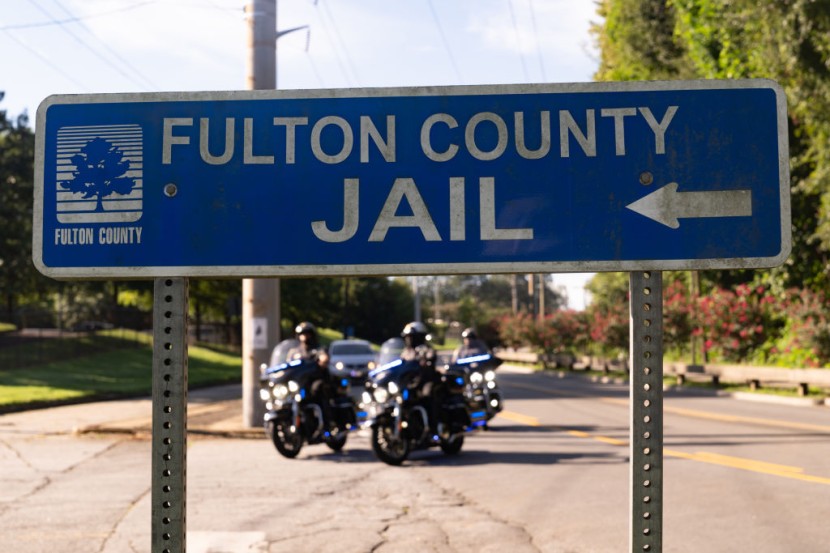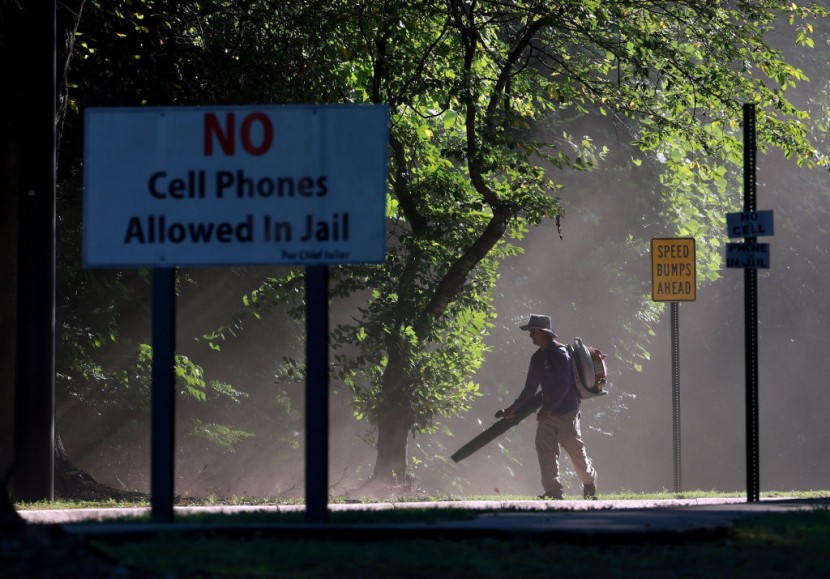Georgia's new bill is just one House vote away from becoming law. However, this legislation could negatively affect the state as it could worsen the jail overcrowding issue.
On Thursday, Feb. 1, the Georgia state Senate passed the new bill called SB63; receiving a 30-17 vote from state senators. The voting comes as three Atlanta Solidarity Fund activists face multiple charges. These include state-level charity fraud and racketeering charges, which are in connection with the prosecution of some protesters against the Atlanta police training facility project, "Cop City."

According to The Guardian's latest report, the new Georgian bill aims to restrict bail funds for protest groups. But, to clarify things, bail funds will not be completely banned. Any individual or group can still raise funds as a charitable bail fund-they can also continue soliciting donations-for the release of an accused person.
But, they must register and meet the requirements of a bail bond company first before doing so. The new bill also states that a county sheriff will have absolute discretion over who can register as a bondsman. Georgia's Sen. Josh McLaurin said that this will give local law enforcement an effective vote over political protests' bail component.
"The program that [US senator Raphael] Warnock's church runs, a Mother's Day bailout they do every year, will now be illegal under this bill because charitable organizations will no longer be allowed to bail out more than three people a year," he stated.

US News reported that Georgia's new legislation could negatively affect poor defendants in jail when accused of charges for which they are unlikely to go to prison.
Experts said that this could worsen overcrowding in county jails. If the new SB63 really becomes law, it would erode the changes that were passed in 2018 under Republican Gov. Nathan Deal.
These changes currently allow judges to release individuals accused of misdemeanors without needing bail. Valdosta lawyer Roy Copeland said that the new bill can cause people accused of misdemeanors to lose their homes, jobs, as well as child custodies, if they can't afford bail.
If you want to learn more about the controversial bill in Georgia, you can click here.
© 2025 HNGN, All rights reserved. Do not reproduce without permission.








